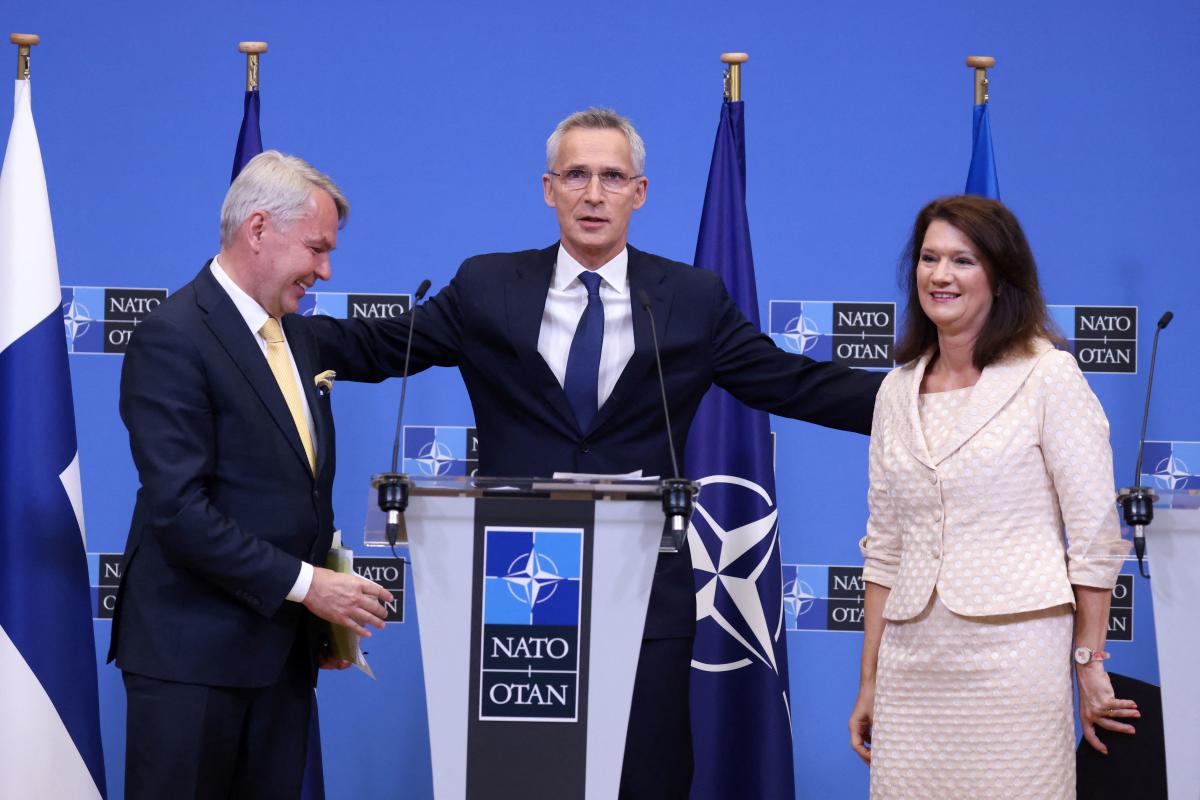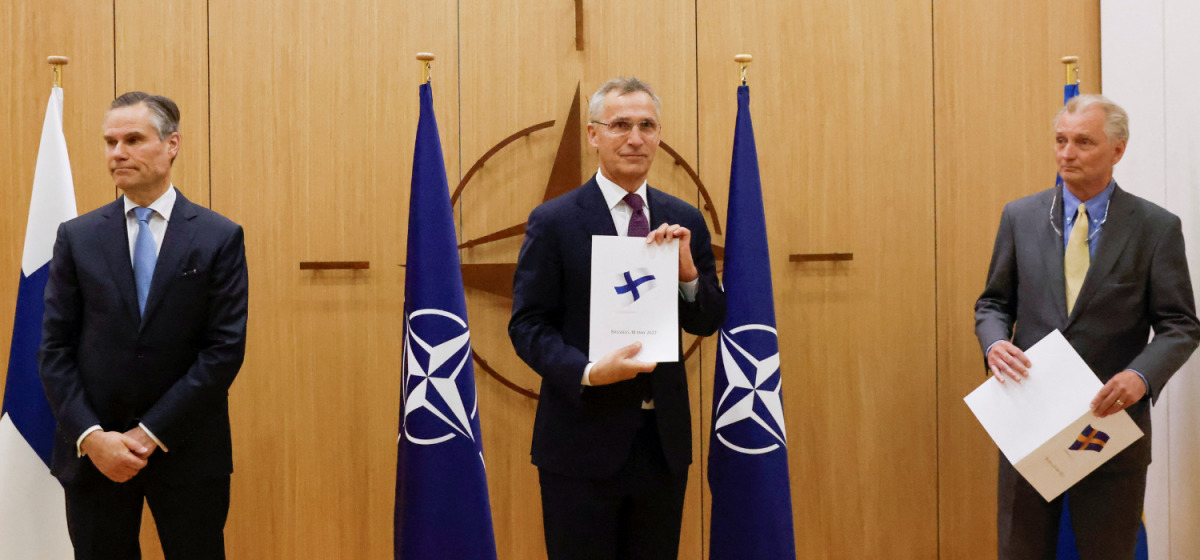Introduction
NATO officials find themselves in a race against time to avoid the embarrassment of missing their own deadline for admitting Sweden to the alliance by July 11. While Finland was accepted as a NATO member in April this year, Sweden’s accession is currently blocked. The main obstacle to Sweden’s membership is Turkey, a strategically important NATO member, which has raised concerns about Sweden’s alleged support for Kurdish terror groups and its handling of far-right protests. The outcome of Sweden’s accession has broader implications for NATO’s unity, its relationship with Turkey, and the message it sends to adversaries such as Russia, North Korea, and China.
Turkey’s Objections and Concerns
Turkey, as a crucial NATO member bridging Europe and the Middle East, holds significant leverage in blocking Sweden’s accession. One of Turkey’s key objections is Sweden’s alleged tolerance of recognized Kurdish terror groups, particularly the Kurdistan Workers’ Party (PKK). Although Sweden has enacted changes to its terrorism laws this year, it remains uncertain if these measures will satisfy Turkey’s concerns.
Additionally, Turkey accuses the Swedish government of complicity in far-right protests, including the burning of the Quran outside the Turkish embassy in Stockholm. More recently, Turkey has called for action after the projection of the PKK flag onto the Swedish parliament building in protest against Turkish President Recep Tayyip Erdogan’s re-election. Swedish officials have acknowledged the projection but lack specific evidence regarding its content or responsibility.
Concerns about Erdogan’s close ties with Russian President Vladimir Putin further complicate the situation. NATO officials worry that any delay in Sweden’s accession may embolden NATO’s adversaries, create division within Sweden, and reinforce Erdogan’s influence over the alliance.
Implications for NATO’s Unity and Security
The potential failure to admit Sweden by the stated deadline raises concerns about NATO’s unity and its ability to respond to evolving security challenges. Delaying Sweden’s accession could signal weakness to adversaries such as Russia, North Korea, and China, who may exploit the situation to their advantage. Cyber attacks, funding of divisive activities, and attempts to undermine Sweden’s security could be some of the consequences of a missed deadline.

Furthermore, any perceived acquiescence to Erdogan’s demands may weaken NATO’s stance against authoritarianism and compromise its principles. NATO officials and European diplomats are cognizant of the need to strike a delicate balance to secure Sweden’s accession while upholding the alliance’s values and principles.
Possible Deals and Obstacles
NATO allies sympathetic to Sweden’s membership, including the United States and the United Kingdom, are actively working to ensure that Sweden remains a priority within the alliance. However, dealing with Turkey’s objections presents challenges. Erdogan’s unpredictability and recent electoral close call may result in a more assertive stance on Sweden’s anti-terror policy. Sweden is unlikely to adopt measures that align with Erdogan’s expectations, particularly concerning the Kurdish issue.
Another potential hurdle lies in Hungary’s objection to Sweden’s NATO membership. Hungary’s stance could complicate negotiations and risk undermining Erdogan’s position if he accepts Sweden’s anti-terror laws, only to face opposition from Hungary.
Conclusion
The impending deadline for Sweden’s accession to NATO carries significant implications for the alliance’s unity, security, and relationships with Turkey and other adversaries. Sweden’s membership would be a positive development for NATO, reinforcing its strength and resolve following Russia’s invasion of Ukraine. However, any delay or failure to admit Sweden could be interpreted as a vulnerability, undermining months of progress and unity within the alliance.
As NATO officials race against the clock, they must carefully navigate negotiations, weighing Turkey’s concerns while upholding the principles and values that define the alliance. The outcome will not only impact Sweden’s position within NATO but also send a powerful message to NATO’s adversaries regarding the alliance’s cohesion and determination to protect its members.
©world-news.biz
